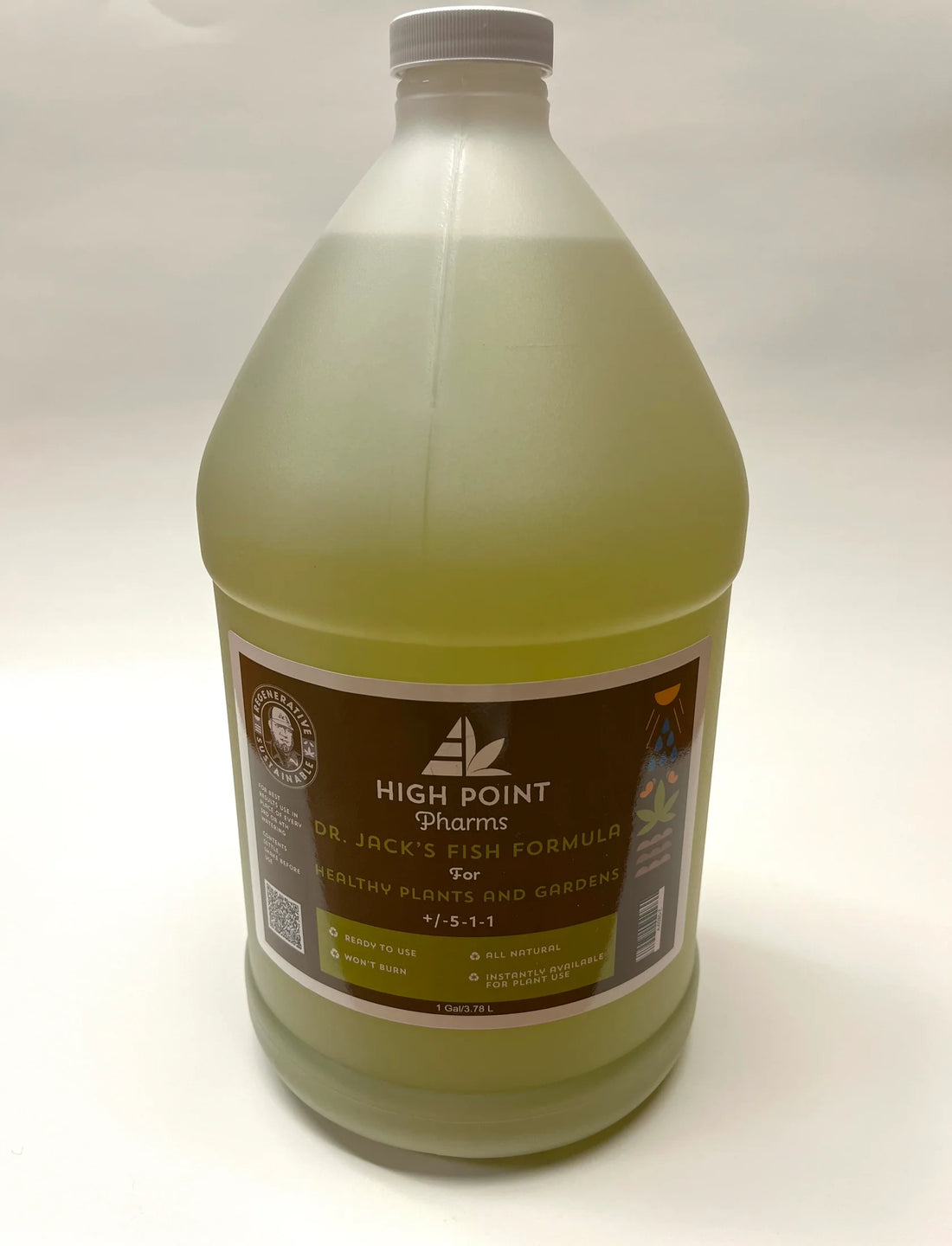
Tilapia Biologic Water
Share
We recently decided that we are going to carry Tilapia Waste Fertilizer. We actually used this on our own crop this past year and had great results! We have already received some questions about what it is, so here are some possible benefits and some frequently asked questions about the fertilizer!
Potential Benefits
- Improved Quality of Crop : Properly applied tilapia waste fertilizer can lead to increased crop yields and improved crop quality. The nutrients and organic matter it provides support healthy plant growth, leading to better harvests.
- Environmental Sustainability: By using tilapia waste as fertilizer, farmers can decrease their reliance on chemical fertilizers, which can have negative environmental impacts such as nutrient runoff and soil degradation. This promotes more sustainable agricultural practices.
- Waste Reduction: Repurposing tilapia waste as fertilizer helps to reduce waste in aquaculture operations. Instead of disposing of the waste, it is converted into a valuable resource for agriculture, promoting a more sustainable use of resources.
- Nutrient-Rich Soil: Tilapia waste contains essential nutrients such as nitrogen, phosphorus, and potassium, which are crucial for plant growth. When used as fertilizer, it enriches the soil, providing plants with the nutrients they need to thrive.
FAQ
- What is tilapia waste fertilizer? Tilapia waste fertilizer refers to the organic material produced by tilapia fish, including feces and uneaten feed, which can be used to enrich soil fertility and promote plant growth.
- How is tilapia waste fertilizer applied to crops? Tilapia waste fertilizer can be applied to crops through various methods, including direct application to soil, incorporation into compost or organic matter, or as part of aquaponic systems where fish waste fertilizes hydroponically grown plants.
- Does using tilapia waste fertilizer affect soil quality? When used properly, tilapia waste fertilizer can improve soil quality by adding organic matter, enhancing soil structure, and increasing nutrient levels. However, improper application or excessive use may lead to nutrient imbalances or soil degradation over time.
- What are the benefits of using tilapia waste fertilizer compared to chemical fertilizers? Tilapia waste fertilizer offers several benefits, including possible cost savings, waste reduction in aquaculture operations, environmental sustainability, and improved soil health. Unlike chemical fertilizers, tilapia waste fertilizer provides organic matter and promotes long-term soil fertility.
- How is tilapia waste fertilizer obtained? Tilapia waste fertilizer is obtained from the byproducts of tilapia aquaculture operations. This waste material is collected from fish tanks or ponds and can be processed or applied directly to agricultural land.
Tilapia waste fertilizer could be a promising solution for sustainable agriculture, offering a natural and nutrient-rich alternative to conventional fertilizers. We source our tilapia water from a local farmer. If you're interested in learning more you can follow this link for the test results! We not only sell it by the gallon but we can also sell in bulk!
Sources:
Food and Agriculture Organization of the United Nations (FAO). (n.d.). Aquaculture - Tilapia. http://www.fao.org/aquaculture/fish-species/tilapia/en/
World Aquaculture Society. (2020). Tilapia Nutrition and Feeding. https://www.was.org/meetings/AbstractDetail.aspx?i=45368
Al-Kahtani, H. A. (2015). Use of Tilapia Fish Wastes for the Production of Organic Fertilizers. Journal of Applied and Industrial Sciences, 3(1), 19-22. https://www.researchgate.net/publication/301982294_Use_of_Tilapia_Fish_Wastes_for_the_Production_of_Organic_Fertilizers
Simeone, M., & Alvarez-Galvez, J. (2019). Aquaponics and Soilless Culture: Significance and Sustainability in the Urban Environment. Sustainability, 11(24), 7131. https://doi.org/10.3390/su11247131